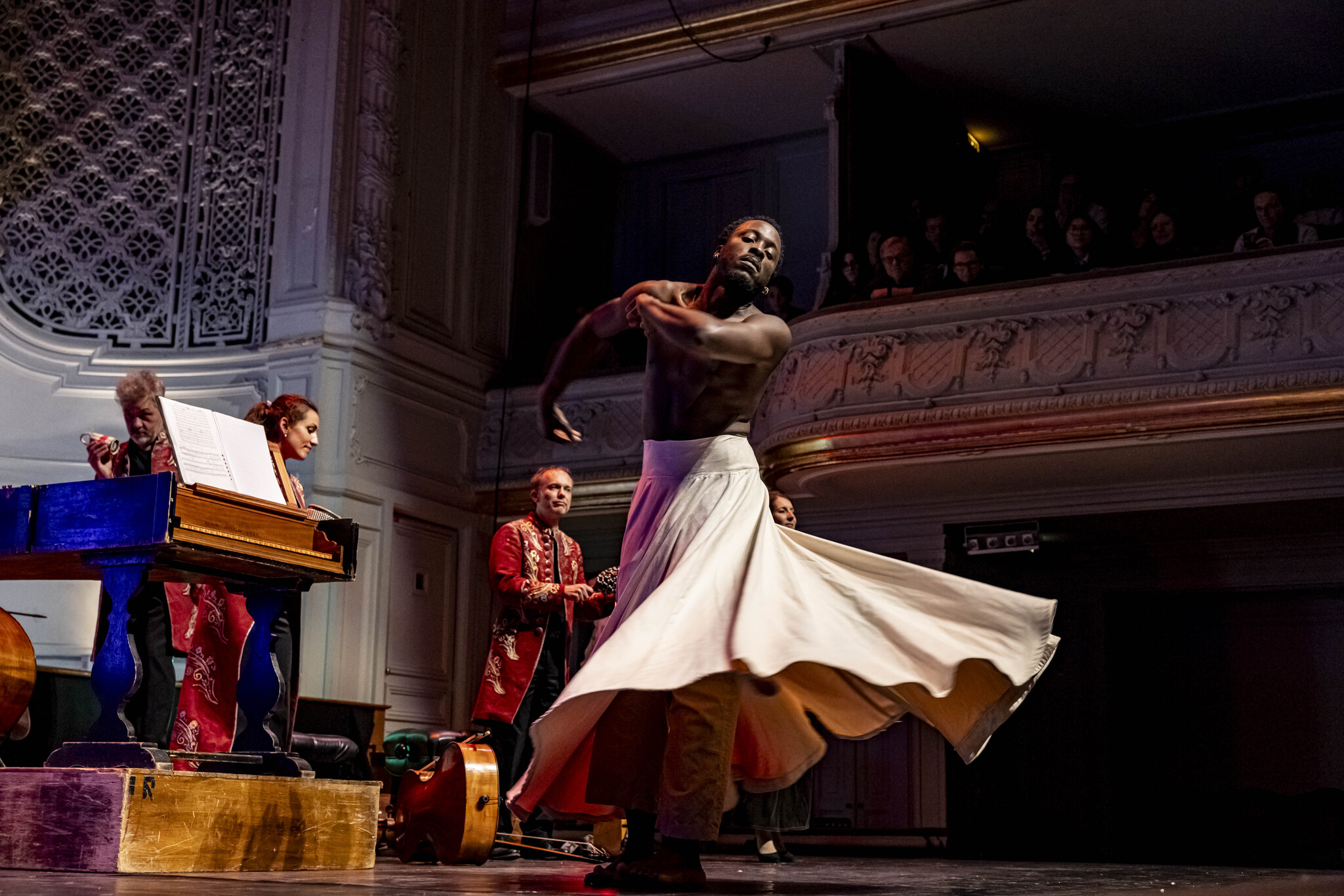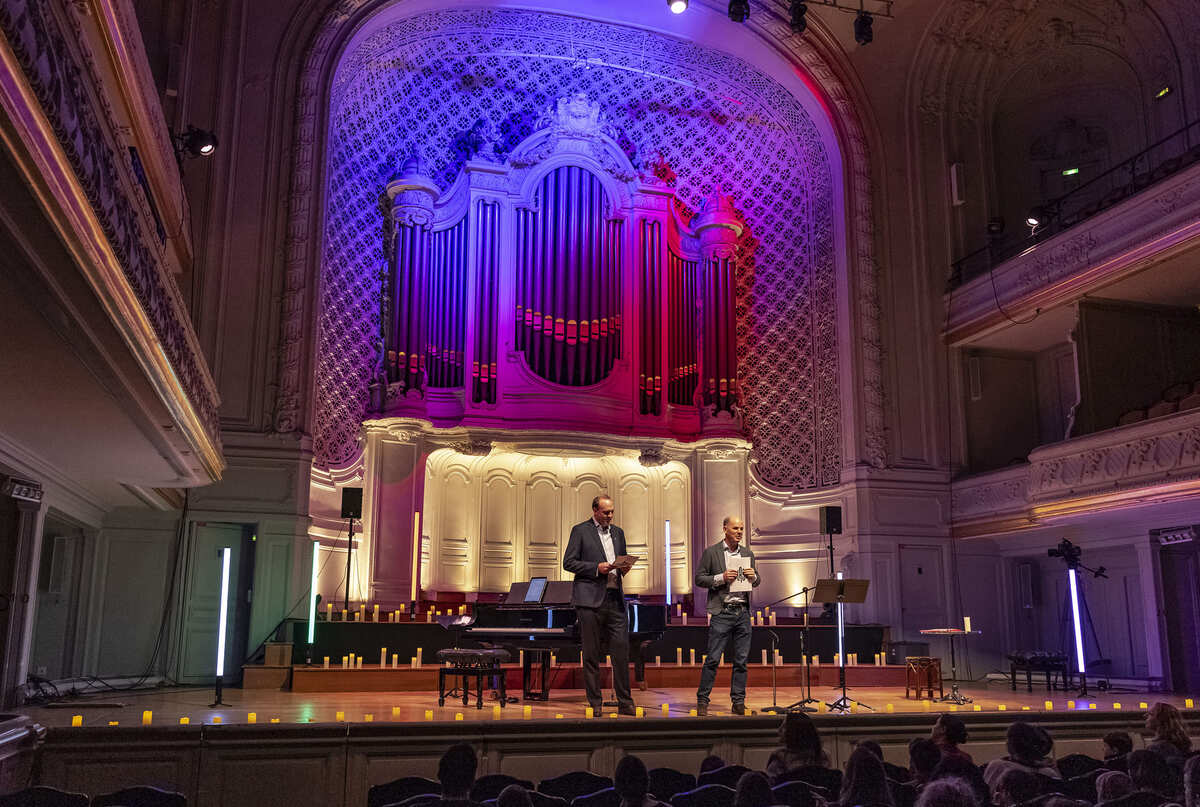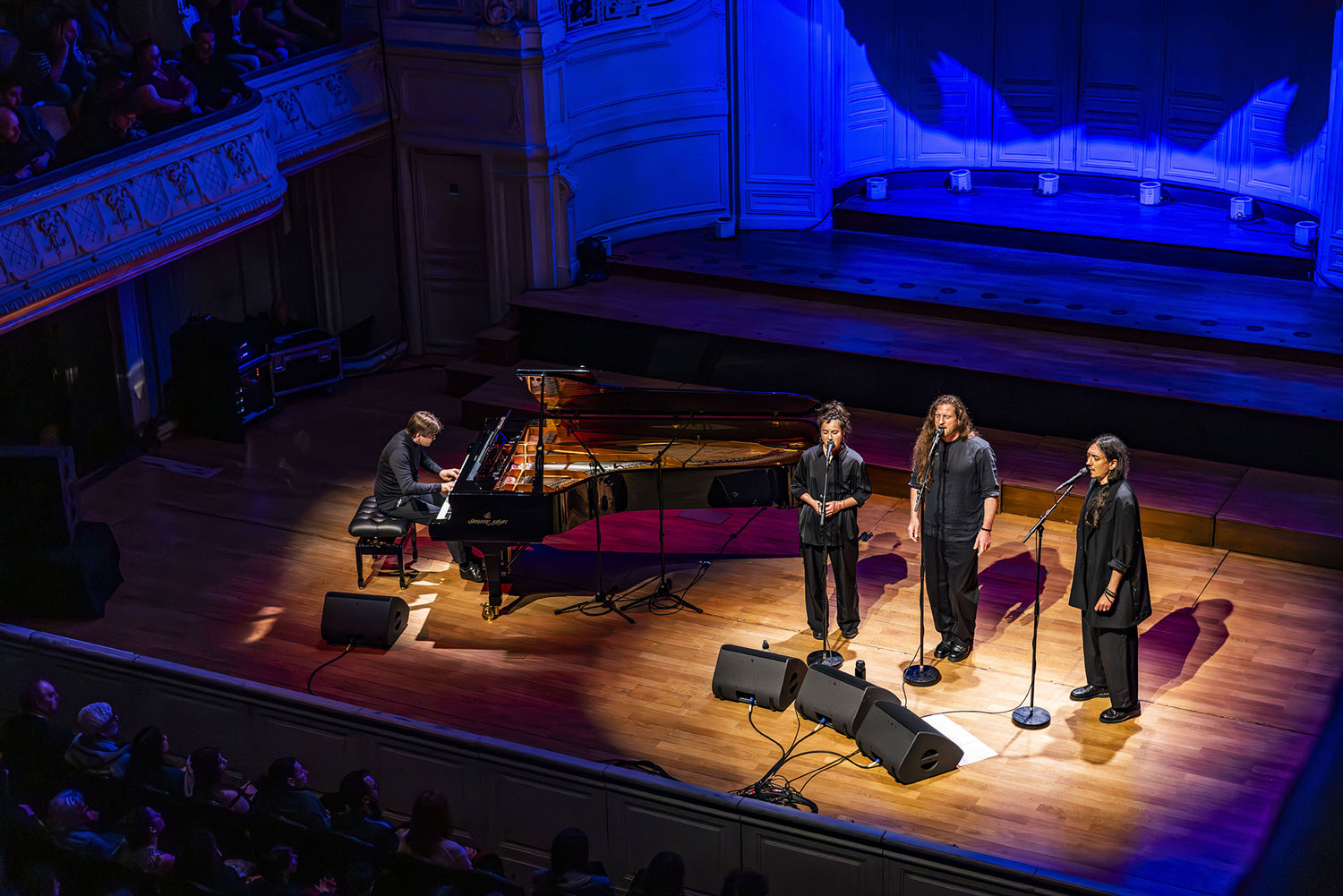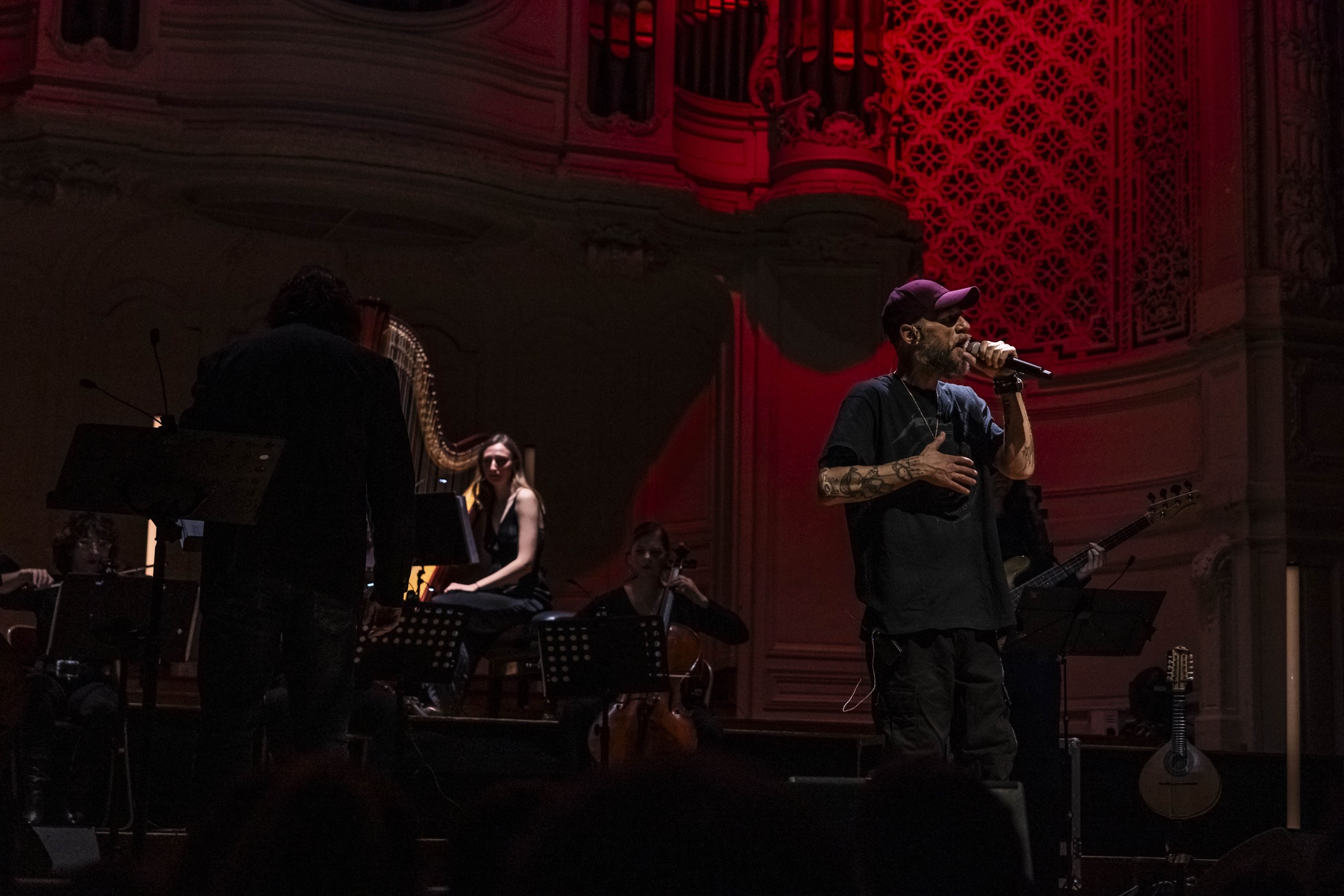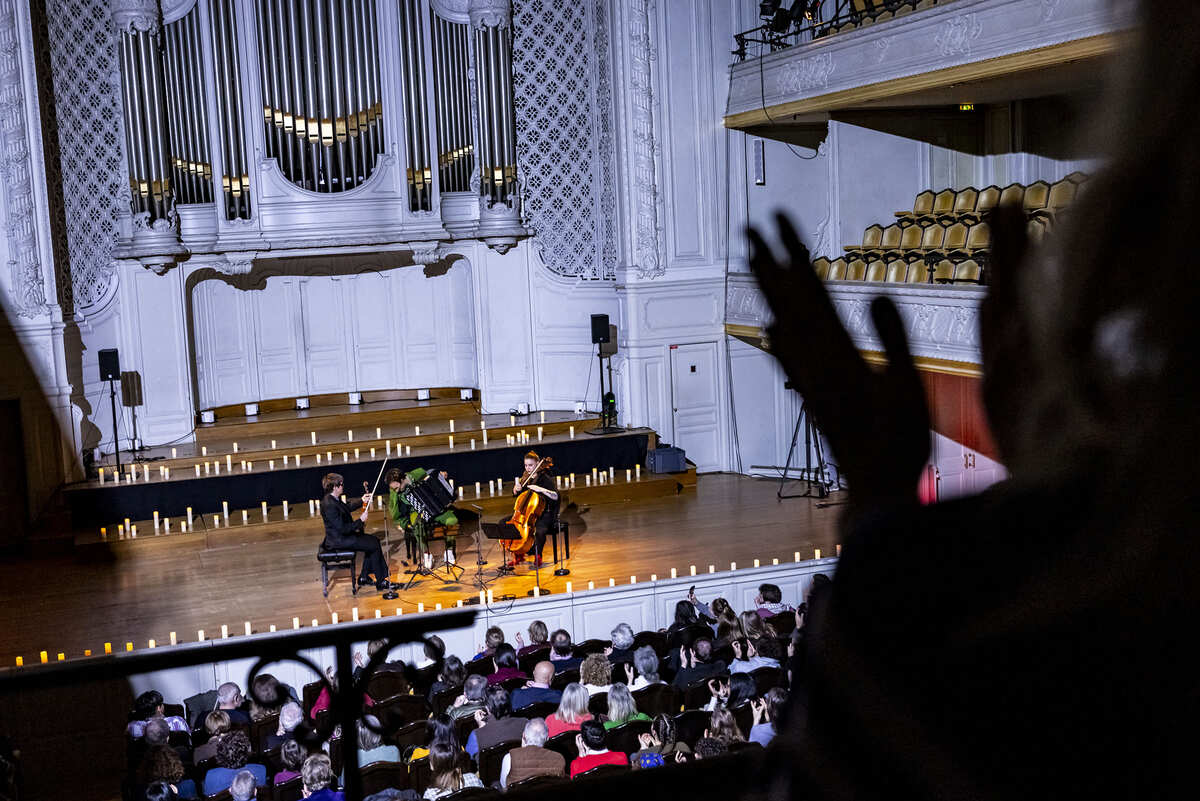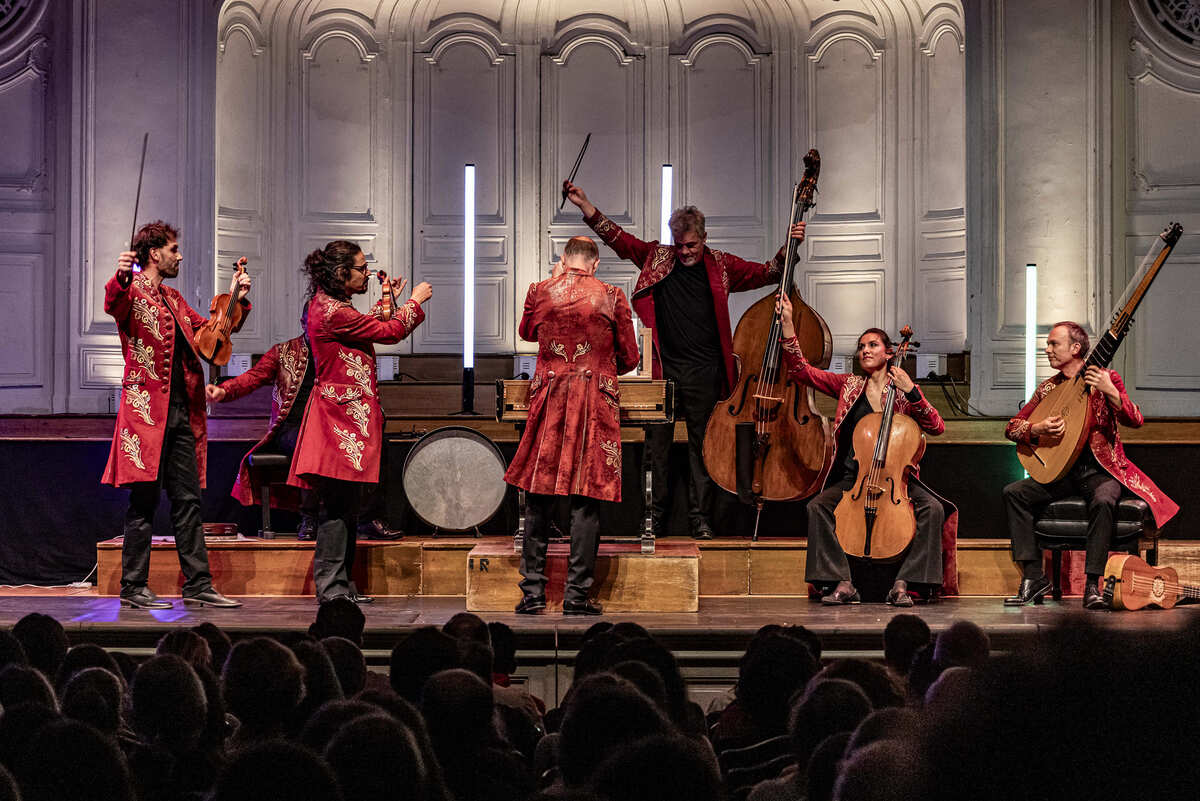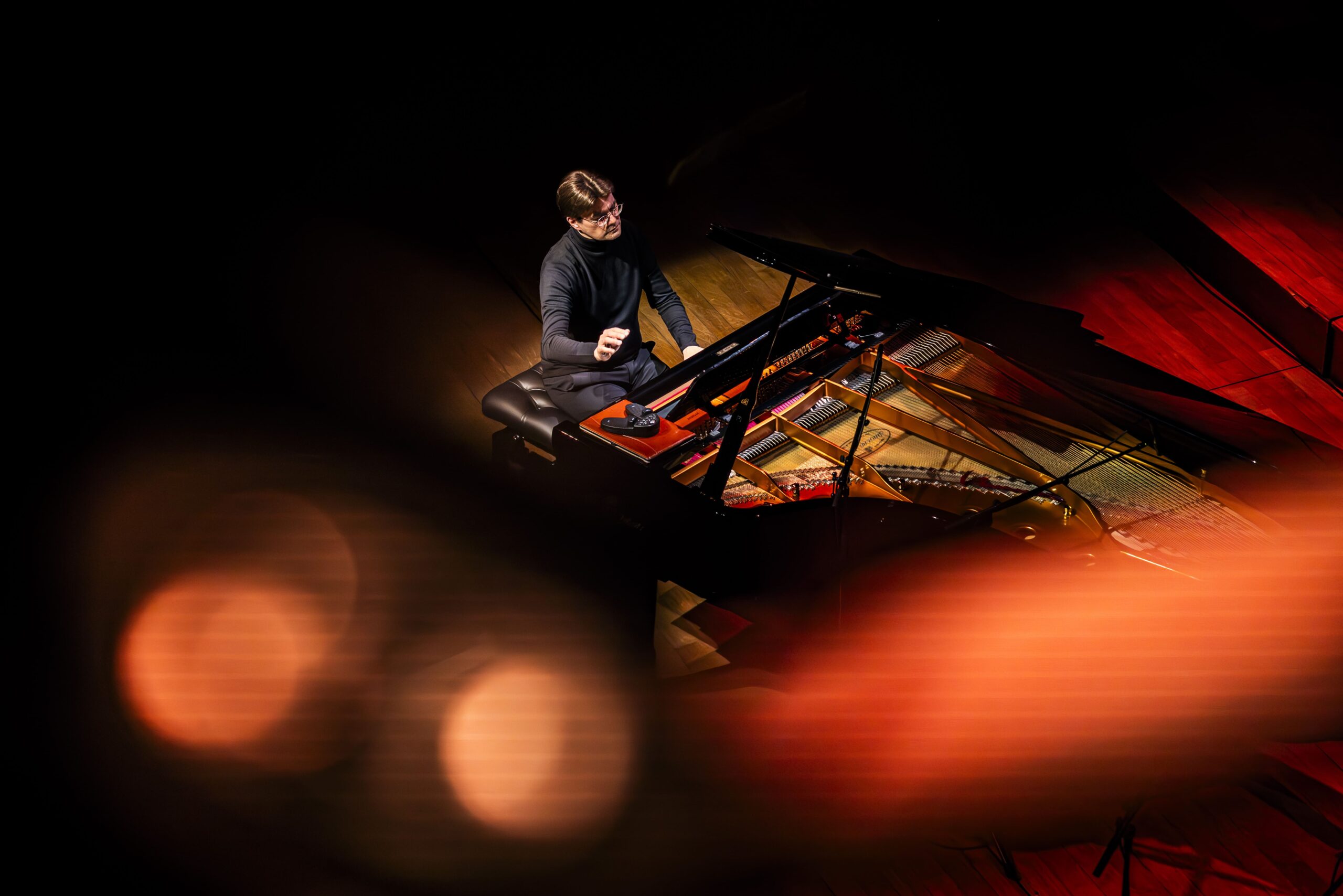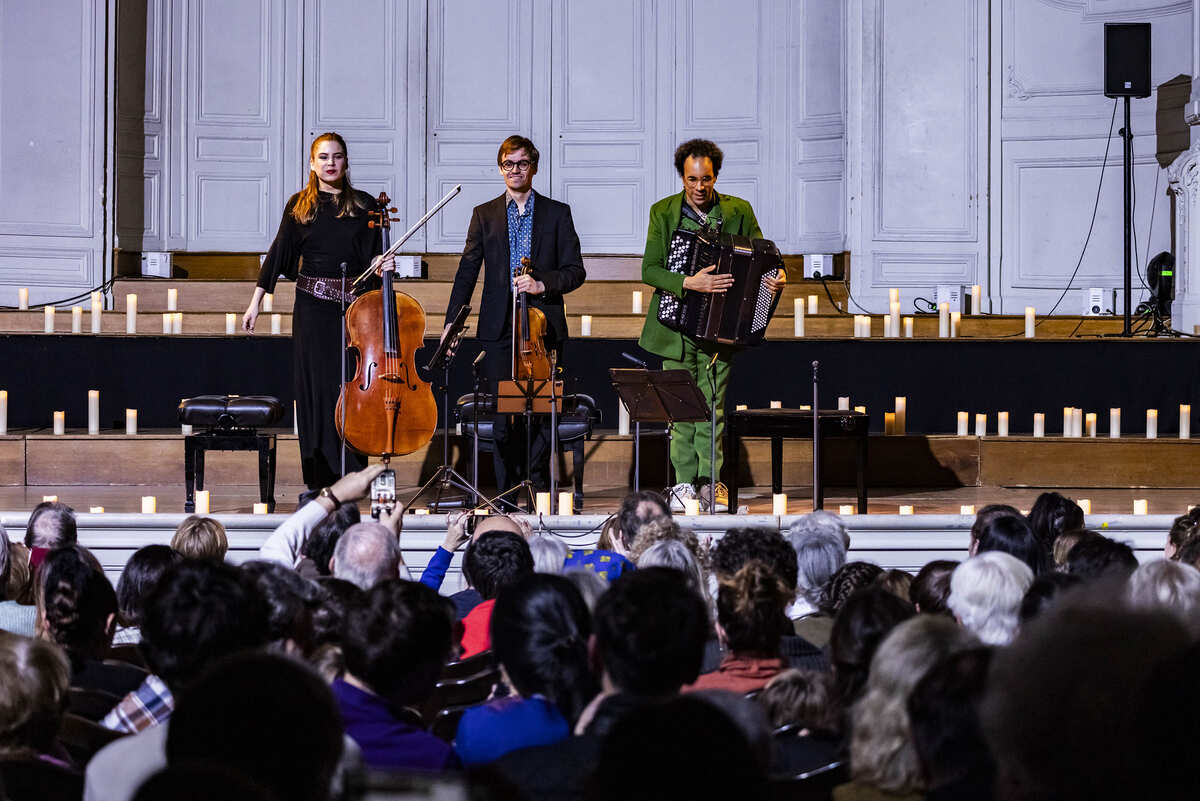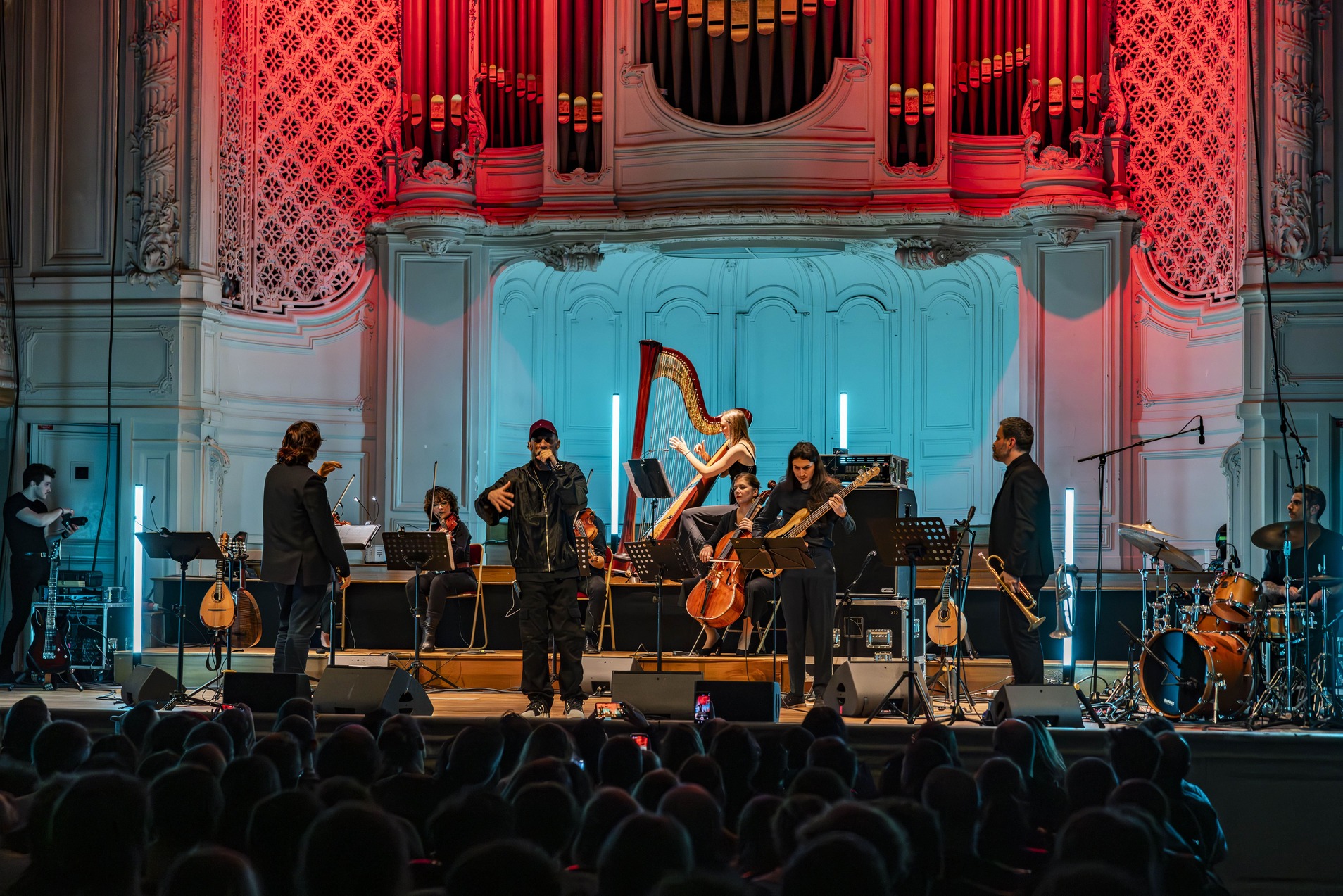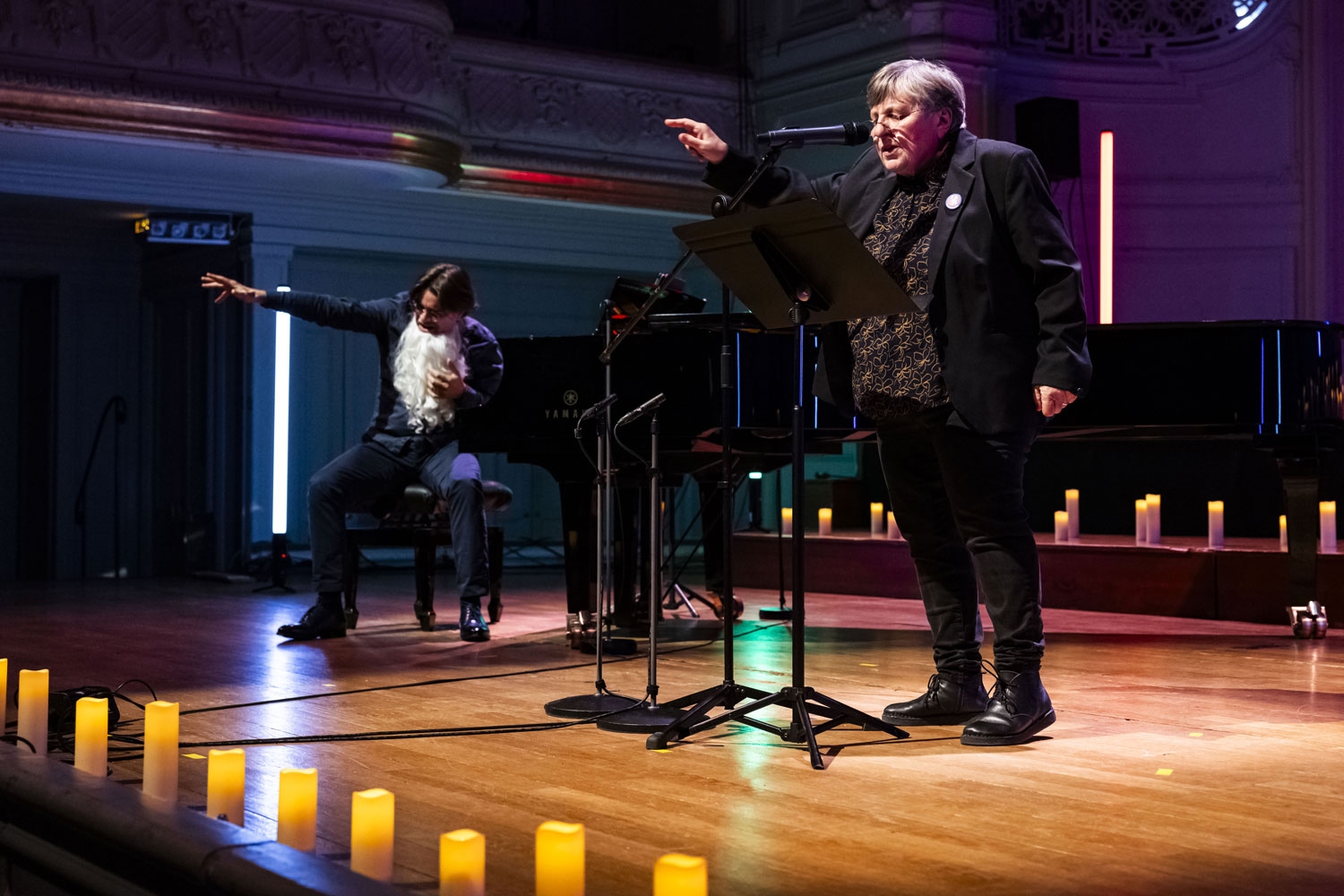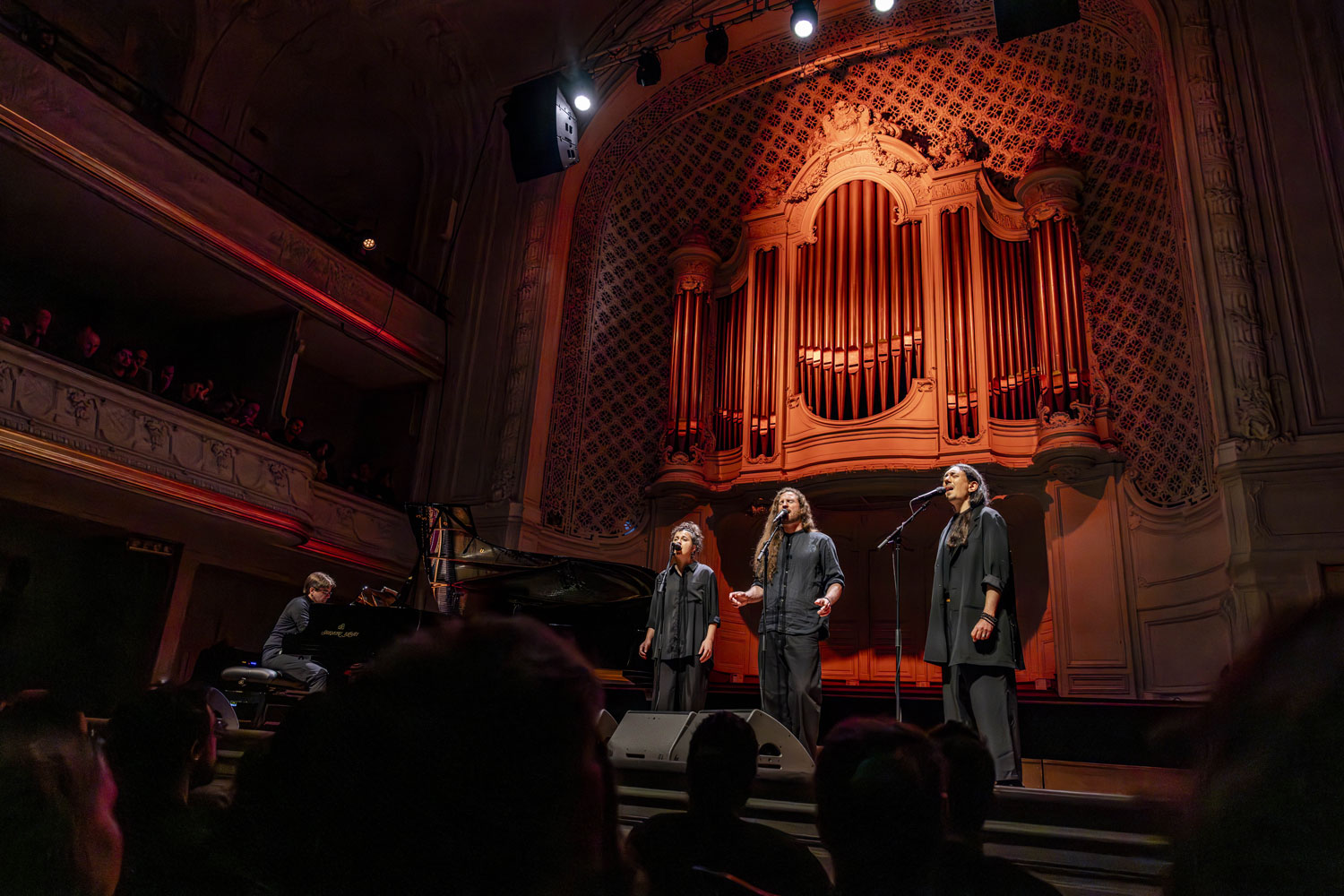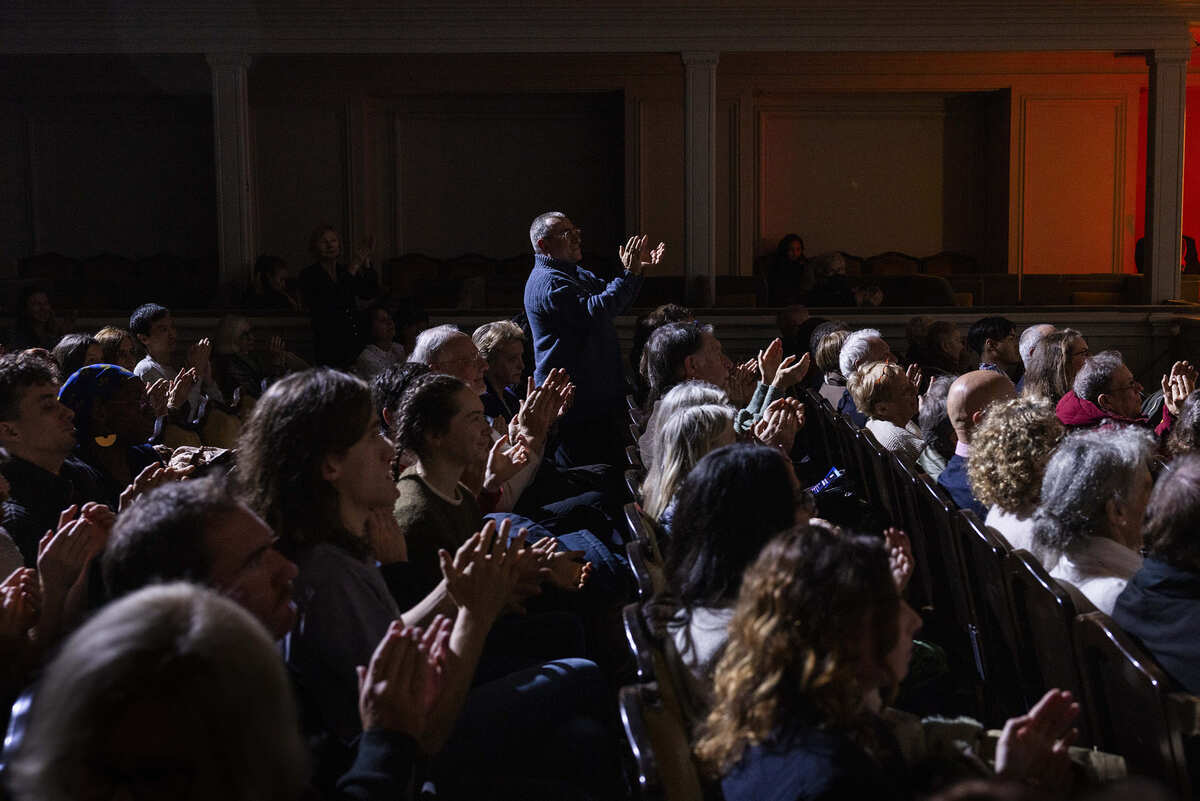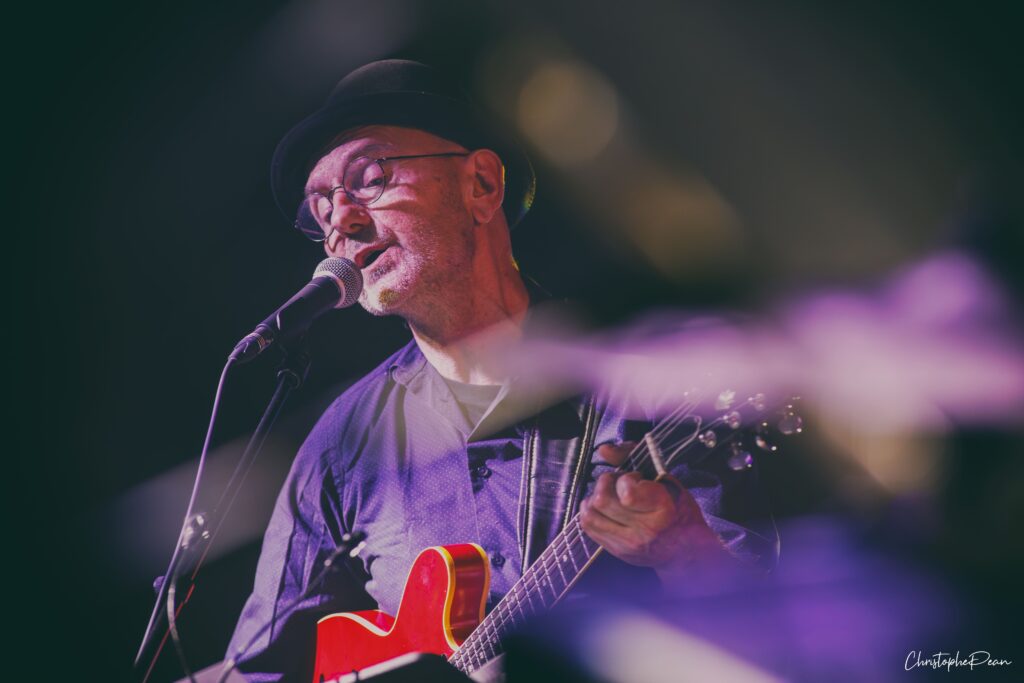
Born in Albi on December 11, 1964, Nicolas Repac likes to say that his musical vocation was born in front of the television, fascinated as a child by the solemn strains of Charpentier’s Te Deum. In a modest family with little interest in music, he developed an early passion for it, nourished by his sisters’ records, the vintage rock of the family record collection (Chuck Berry, Bill Haley), then the psychedelia of Pink Floyd or the Beatles’ White Album. At 13, he received his first guitar, bought at the local supermarket. From then on, he spent hours locked away in his room playing Bob Dylan, Bob Marley or Deep Purple by ear, before starting to compose under the influence of Charlélie Couture, Gainsbourg and the poets Baudelaire and Rimbaud.
After studying philosophy, he formed his first English-style post-punk band, discovered jazz (Armstrong, Billie Holiday, Miles Davis), and moved to Paris to join the CIM. But his career path took a turn when he began making jingles for Radio France Lyon, discovering synthesizers, drum machines, samplers and computers – the tools of his future sound signature. By the 1990s, he had established himself as a creator of hybrid textures, influenced by jungle, hip-hop and Björk.
He then met Arthur H, with whom he forged a decisive collaboration: Trouble-Fête in 1996 marked the start of an artistic adventure that included six albums, including L’Homme du Monde (Victoire de la musique 2008). At the same time, he embarked on a solo career with La Ville (Label Bleu, 1997), followed by Swing Swing (No Format, 2004), an electro-jazz odyssey around the 1930s. This was followed by two albums with Malian singer Mamani Keita, fusing Mandingo music, jazz and dub.
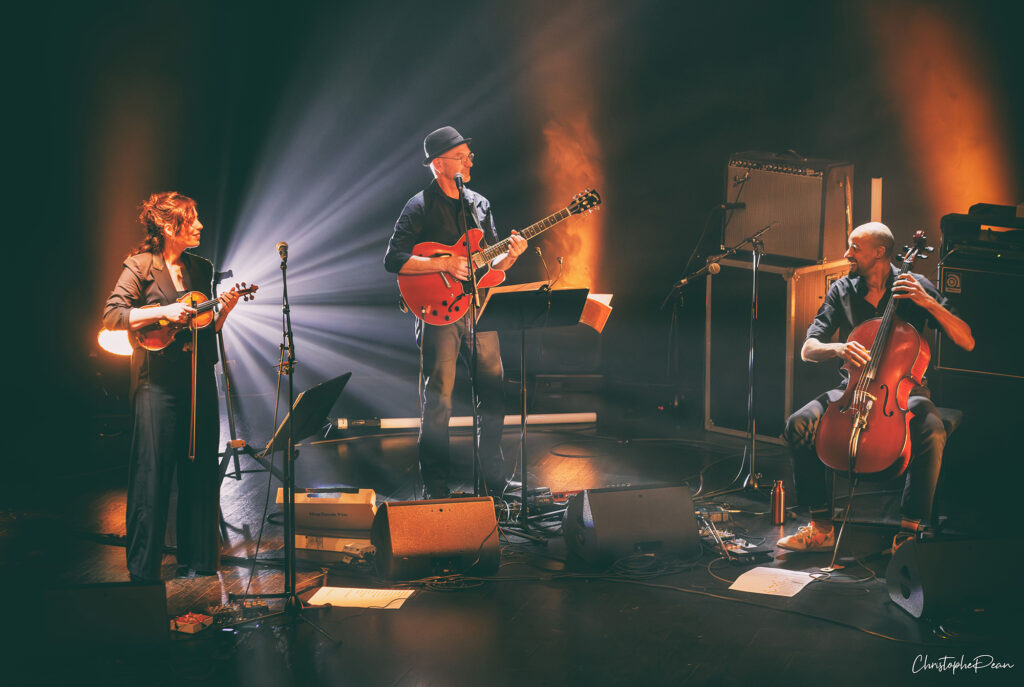
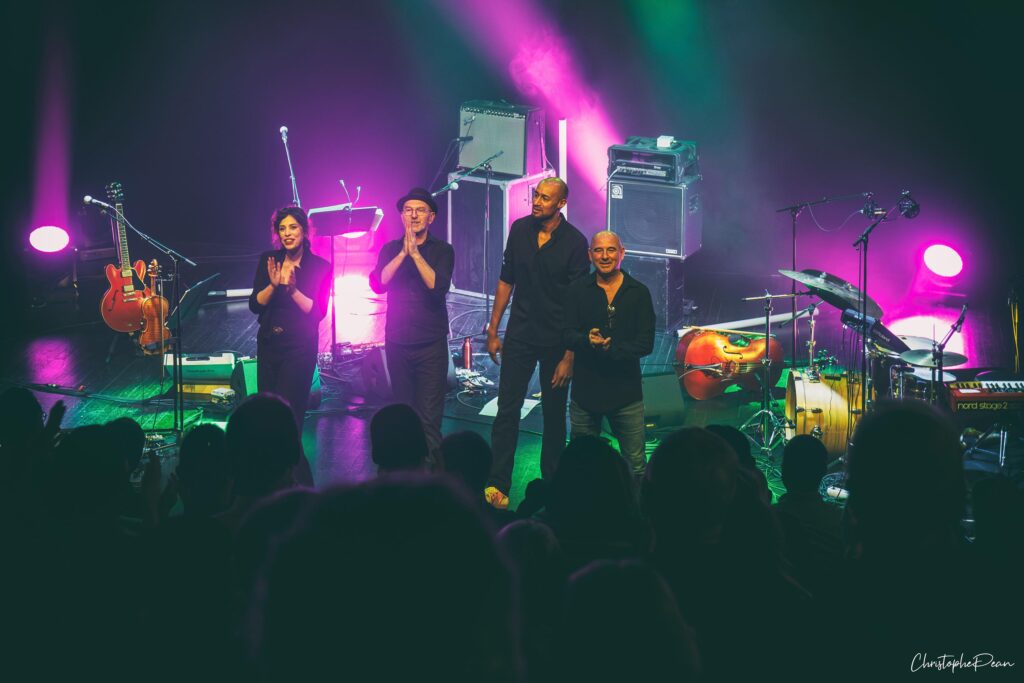
Repac also likes to explore the poetic word: La Grande Roue (2007) flirts with dreamlike song, L’Or Noir (2009) and L’Or d’Éros (2014) – both produced with Arthur H – set to music the great voices of Creole and erotic literature. With Black Box (2012), he pays tribute to the blues through old samples reinvented in a resolutely modern setting. He also works for the cinema, penning the scores for 21 Nights with Pattie (Larrieu), Les Enfants du 209 rue Saint-Maur or Le Poulain (Sapin).
Curious about all cultures, a demanding producer (Abou Diarra, Dobet Gnahoré), he pursues a body of work as abundant as it is unclassifiable, winning the Grand Prix Charles Cros for L’Or Noir.
In 2025, Nicolas Repac begins a new chapter with Trans Cover Expressan audacious musical project he conceives as a high-speed train linking the great names of classical music, rock and chanson. With a variable-geometry line-up featuring electric guitar, strings, drums and electronic textures, he revisits Mozart, Nirvana, Vivaldi, Bashung and Amadou & Mariam in powerful, poetic arrangements. Joining him : Mirabelle Gilis (violin), Olivier Koundouno (cello), Patrick Goraguer (drums) and Ludovic Joyeux (sound processing).
With Trans Cover ExpressRepac continues his work as a ferryman and inventor, bringing together repertoires and eras in a free, immersive and profoundly contemporary musical fresco.
